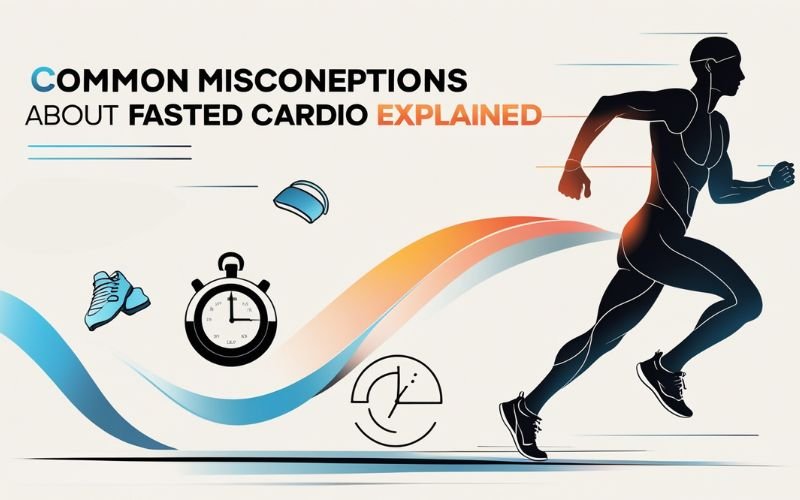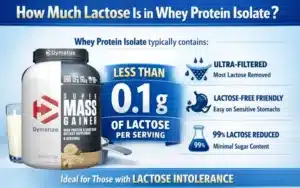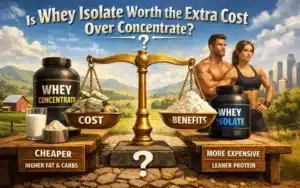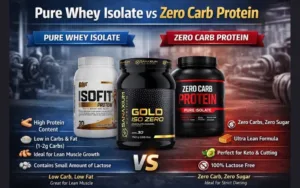No products in the cart.
Return To ShopCommon Misconceptions About Fasted Cardio Explained
Fasted cardio has become a buzzword in the fitness world. The idea of torching fat by simply working out on an empty stomach sounds tempting. But does it really work the way people claim? There’s no shortage of myths surrounding fasted cardio, and while it does have benefits, it’s not the magical fat-melting solution that some fitness influencers make it out to be. Let’s break down the most common misconceptions and set the record straight.
Myth #1: Fasted Cardio Burns More Fat Than Fed Cardio
One of the biggest misconceptions is that fasted cardio burns significantly more fat than doing cardio after eating. While it’s true that your body may rely more on fat stores for energy during fasted exercise, this doesn’t necessarily mean you’re losing more body fat overall.
Fat loss comes down to total calorie expenditure versus intake over time. Some studies suggest that while fat oxidation is higher during a fasted workout, the difference is minimal when looking at total daily energy balance. In other words, whether you eat before your workout or not, what matters most is your overall diet and activity levels.
Myth #2: Fasted Cardio Leads to Muscle Loss
Another common concern is that working out on an empty stomach will cause muscle breakdown. The fear is that without readily available glycogen, the body will start breaking down muscle tissue for fuel.
While muscle protein breakdown can occur to some extent, it’s not as drastic as many people believe. The body primarily uses stored fat and glycogen before tapping into muscle protein. However, if you’re doing intense endurance training or weightlifting in a fasted state without proper recovery, muscle loss could become a concern over time.
To minimize any potential muscle breakdown, supplementing with branched-chain amino acids (BCAAs) or whey protein before a fasted workout can help preserve lean muscle.
Myth #3: Fasted Cardio is the Best for Weight Loss
Fasted cardio is often glorified as a superior method for shedding pounds, but weight loss ultimately depends on a sustained calorie deficit. Whether you exercise fasted or fed, your total calorie burn throughout the day and your diet will determine your results.
For some, fasted cardio may help create a calorie deficit by reducing overall food intake, especially if it suppresses appetite post-workout. However, others may experience increased hunger and overcompensate by eating more later in the day. Fasted cardio is not a shortcut to weight loss—it’s just one tool in the toolbox.
Myth #4: Training on an Empty Stomach Boosts Performance
Some people claim that fasted cardio enhances endurance and overall performance. While the body can adapt to training in a fasted state, this doesn’t necessarily mean it’s ideal for everyone.
In fact, performance may suffer without readily available glycogen. Studies have shown that training intensity can decrease when energy levels are low. If your goal is to push hard during workouts, lifting heavier, or running faster, having some pre-workout nutrition can be beneficial.
That said, low-intensity steady-state (LISS) cardio, like walking or light cycling, is generally fine to do fasted. But if you’re planning a high-intensity interval training (HIIT) session, having some fuel in the tank will likely improve your performance.
Myth #5: Fasted Cardio Works the Same for Everyone
Every individual responds differently to fasted cardio. Factors like metabolism, fitness level, and personal preference all play a role in whether this approach is effective.
Some people feel great training on an empty stomach, while others experience dizziness, fatigue, or even nausea. Women, in particular, may be more sensitive to fasting due to hormonal differences, and prolonged fasted training could negatively impact their energy levels and recovery.
The key is to experiment and see what works best for your body rather than blindly following trends.
Myth #6: You Can Eat Anything After Fasted Cardio Without Consequences
Many people assume that since they exercised fasted, they can indulge in any post-workout meal without worry. While it’s important to refuel after exercise, what you eat still matters.
If you finish your fasted cardio and immediately load up on processed carbs, high-fat foods, or excessive calories, you might end up negating the benefits of your workout. A balanced post-workout meal with protein, healthy fats, and complex carbohydrates will help replenish glycogen stores and support muscle recovery.
The Role of Supplements in Fasted Cardio
Supplements can play a crucial role in optimizing fasted cardio. Since you’re training without food, certain supplements can help enhance performance, protect muscle, and aid recovery.
- BCAAs or EAAs: Help reduce muscle breakdown and support recovery.
- Caffeine: Can boost energy and fat oxidation during fasted cardio.
- L-Carnitine: May enhance fat metabolism and endurance.
- Electrolytes: Important for hydration, especially if you sweat a lot during your workout.
- Whey Protein (Post-Workout): Helps with muscle repair and recovery.
While supplements aren’t necessary, they can be helpful in making fasted cardio more effective and sustainable.
Conclusion: Should You Try Fasted Cardio?
Fasted cardio isn’t a magic bullet, nor is it a waste of time. It can be a useful tool for some people, but it’s not superior to fed cardio when it comes to fat loss. Whether or not you should try it depends on your individual goals, lifestyle, and how your body responds.
If you enjoy fasted cardio and feel good doing it, go for it. Just ensure you’re still meeting your overall calorie and protein needs. On the other hand, if you feel sluggish or notice a drop in performance, there’s no harm in fueling up before your workout.
At the end of the day, consistency, diet, and total energy balance matter more than whether you train fasted or fed. Choose the approach that helps you stay on track and enjoy your workouts the most.









Add comment